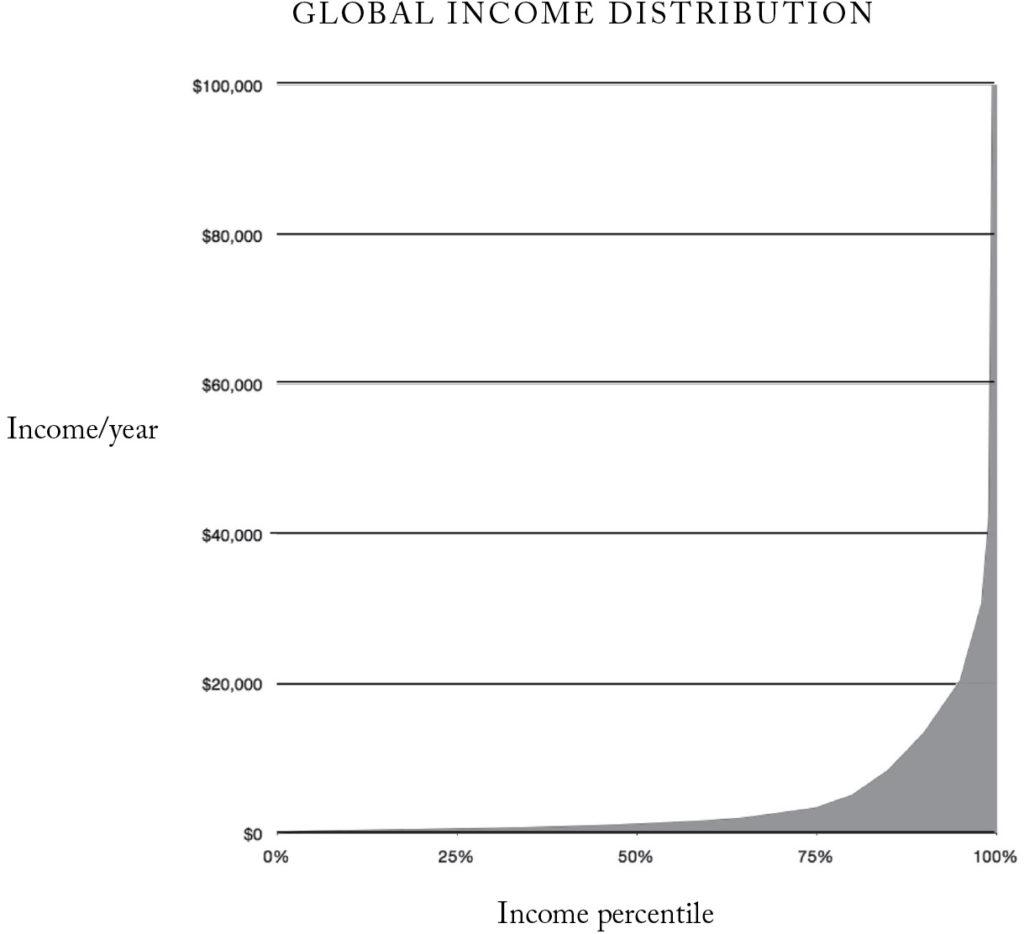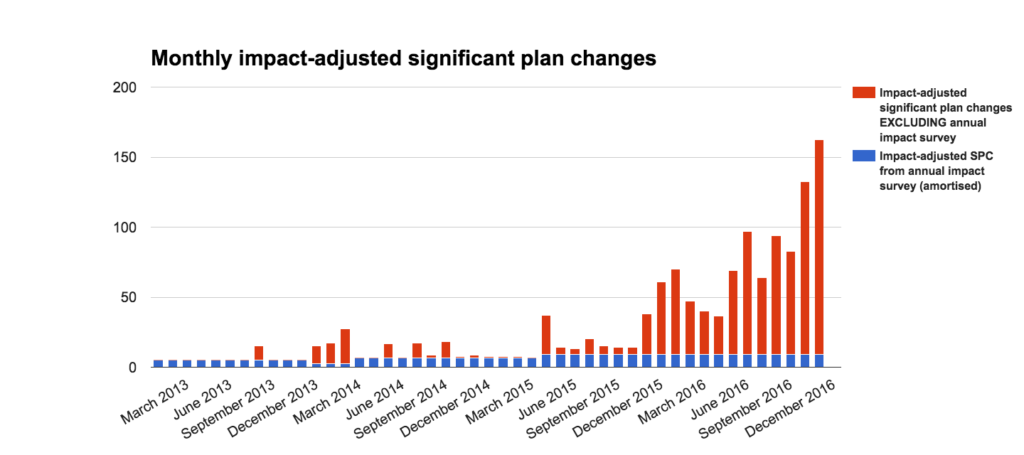#6 – Toby Ord on why the long-term future matters more than anything else & what to do about it

Of all the people whose well-being we should care about, only a small fraction are alive today. The rest are members of future generations who are yet to exist. Whether they’ll be born into a world that is flourishing or disintegrating – and indeed, whether they will ever be born at all – is in large part up to us. As such, the welfare of future generations should be our number one moral concern.
This conclusion holds true regardless of whether your moral framework is based on common sense, consequences, rules of ethical conduct, cooperating with others, virtuousness, keeping options open – or just a sense of wonder about the universe we find ourselves in.
That’s the view of Dr Toby Ord, a philosophy Fellow at the University of Oxford and co-founder of the effective altruism community. In this episode of the 80,000 Hours podcast Dr Ord makes the case that aiming for a positive long-term future is likely the best way to improve the world.
We then discuss common objections to long-termism, such as the idea that benefits to future generations are less valuable than those to people alive now, or that we can’t meaningfully benefit future generations beyond taking the usual steps to improve the present.
Later the conversation turns to how individuals can and have changed the course of history, what could go wrong and why, and whether plans to colonise Mars would actually put humanity in a safer position than it is today.
This episode goes deep into one of the most distinctive features of 80,000 Hours’ advice on doing good. It’s likely the most in-depth discussion of how we and the effective altruism community think about the long term future, and why we so often give it top priority.
We’ll mail you the book, for free
Join the 80,000 Hours newsletter and we’ll send you a free copy of the book.
We’ll also send you updates on our latest research, opportunities to work on existential risk, and news from the author.
If you’re already on our newsletter, email us at book.giveaway@80000hours.org to get a copy.
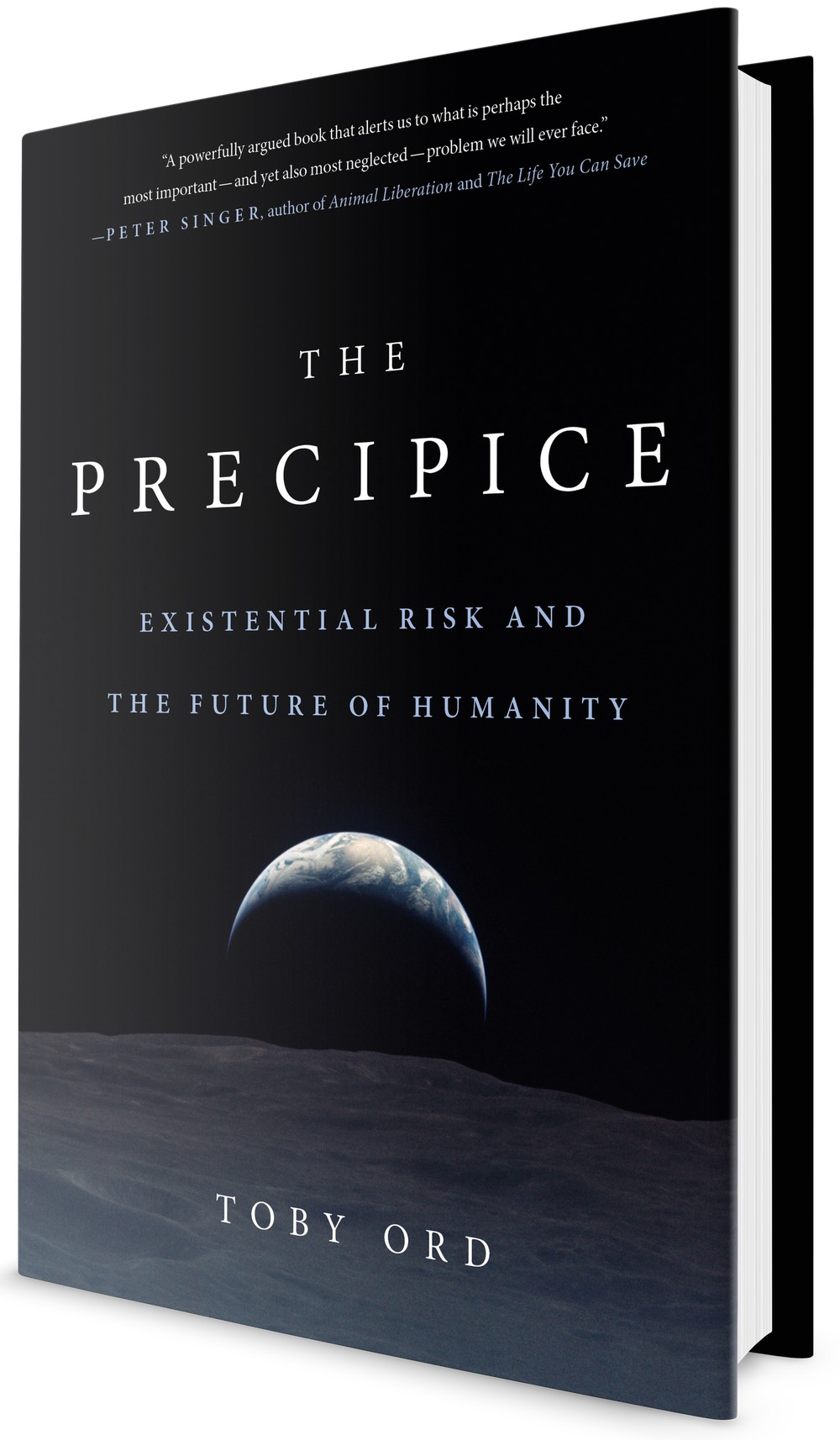




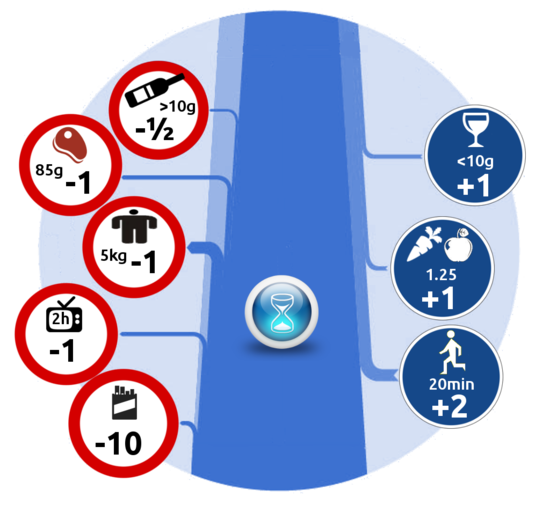
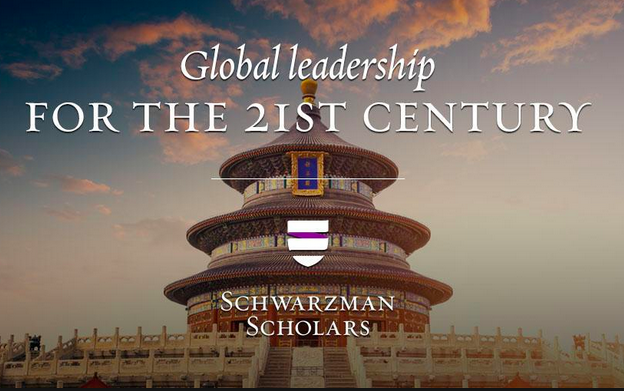
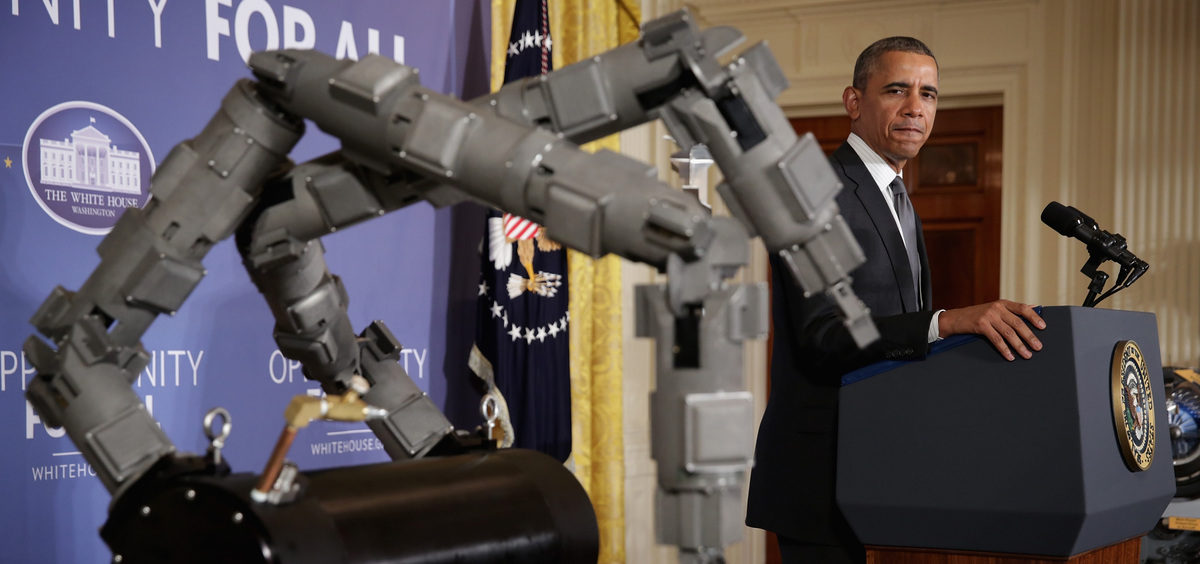


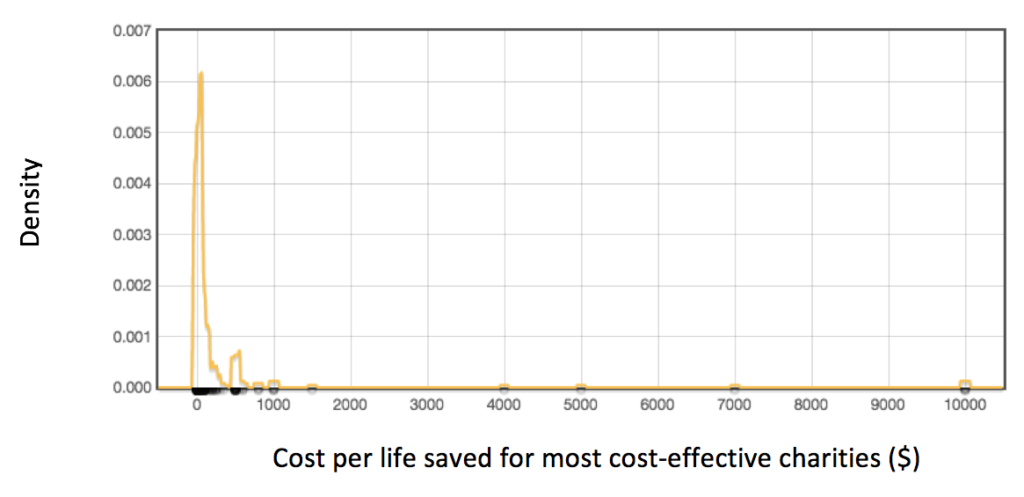
 How much should you believe the numbers in figures like this?
How much should you believe the numbers in figures like this?